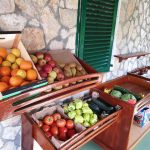April 21, 2020 – What is the situation with animal shelters in Croatia in the corona era, and who is looking after the animals? A heartwarming tale from Osijek dating back to 2007.
While the corona crisis has had a huge impact on the human race, spare a thought also for our four-legged friends, who have also been impacted in various ways. We recently did an interview with Pet centar CEO Ljiljana Markov in which she told us about her nationwide pet shop online delivery service. We had a fantastic response to the article and several messages of thanks, including one American in Zaostrog near Makarska, whose Great Dane was a VERY happy beneficiary of her first Pet centar online delivery a couple of days after her order was placed.
Today we switch our attention from pet shops to animal shelters in Croatia, and we are delighted to welcome Sanja Grbanovic to TCN. Sanja starts with a great story about animal shelters in Croatia, in Osijek.
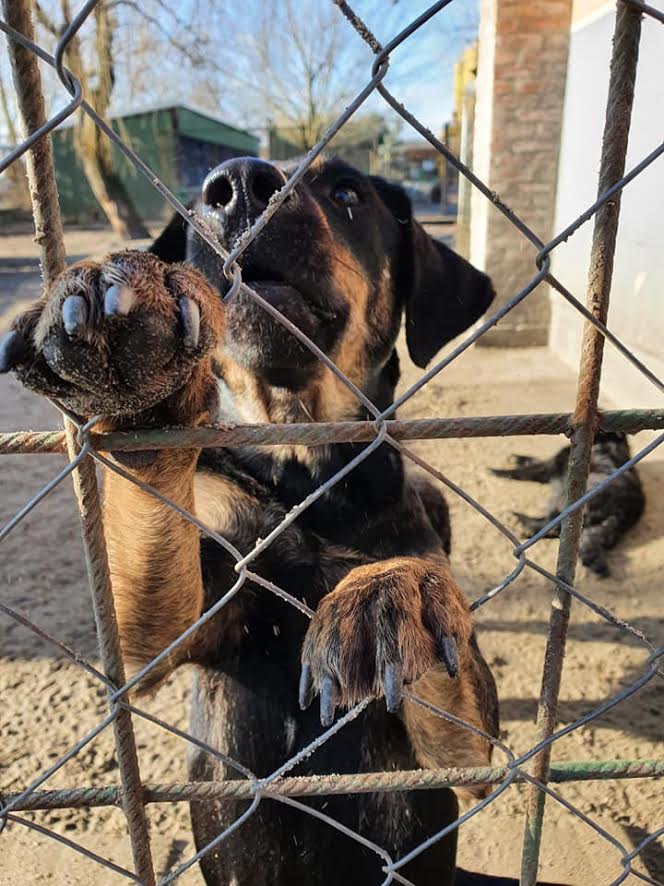
Humanity 2.0 in Osijek?
When reflecting on the nature of man, each of us has his own opinion. Is Man by nature good, or basically bad? Perhaps the two most famous opposing opinions on this matter are those of Hobbes and Rousseau. Hobbes would say we are ‘nasty’ and ‘brutish’, and we need society and rules to reign in our instincts in order to thrive; whilst Rousseau would argue that man would be gentle and pure without the corruption of greed and inequality imposed by our society.
Are we born with an innate moral compass or is it something we develop as we grow? One question, seen often nowadays in social media about life after coronavirus, is whether or not we will emerge as better people?
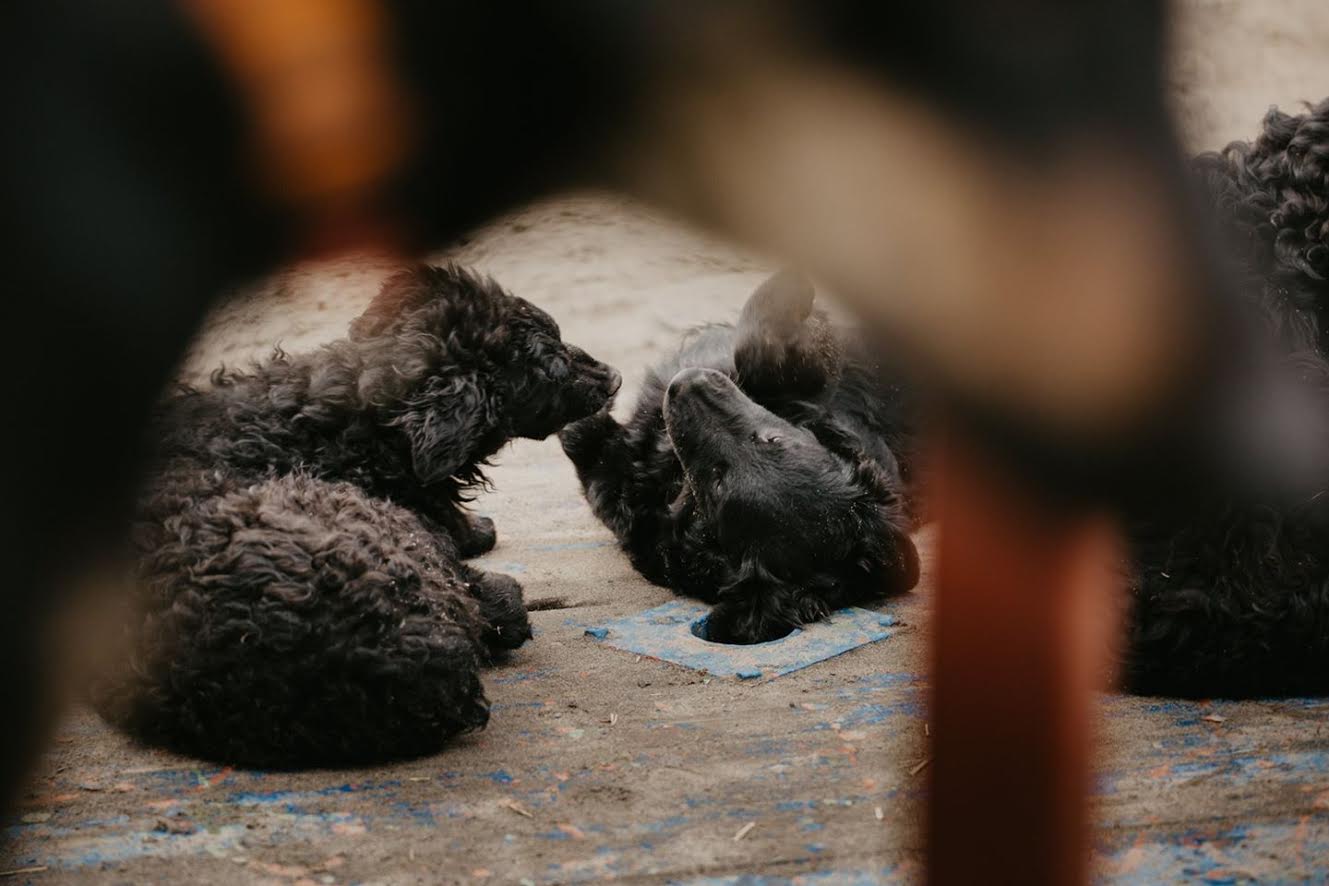
The last global crisis didn’t change the world. Why should this one? Why is there a firm belief we have what it takes to turn things around now and turn into Human 2.0? And what would be a true measure of this change?
Yesterday, late in the evening, I spoke with a friend who had saved a baby hedgehog from the trash bin.
The other day I read about a man who saved a deer from drowning in a canal.
My uncle saved an injured cat by bringing it to the vet on time.
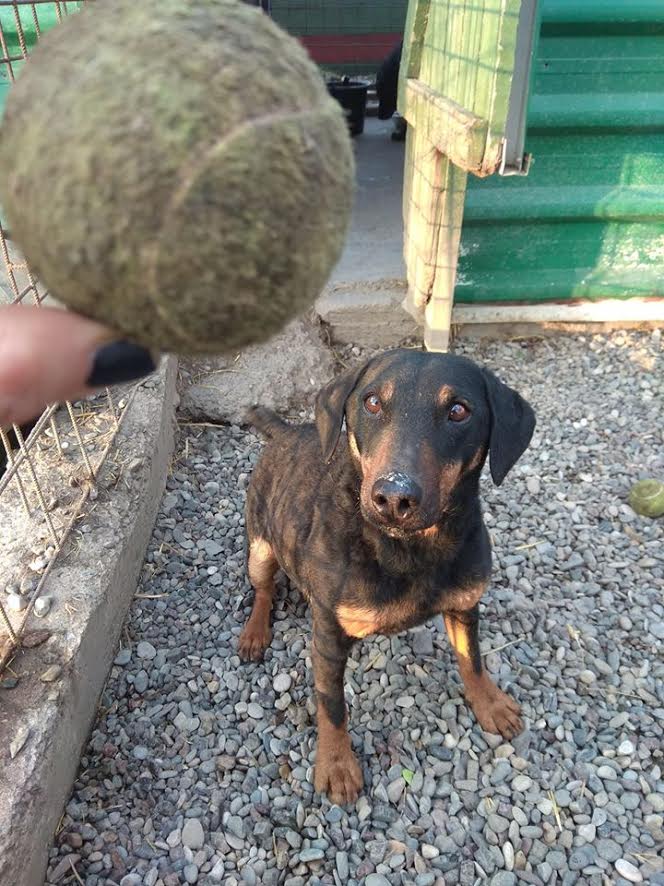
But what can one man do?
Let´s travel back a bit in time and take this story back to 2007. A few ordinary, but then again not so ordinary people – and later heroes of this tale – visited a local dog shelter in Osijek. In a town full of dog lovers, there were no volunteers at the shelter. Sick, injured, without veterinary care, unvaccinated, not spayed/neutered, hungry, with puppies crawling out of underground holes, and death a daily reality. These not so ordinary people decided to act.
Their first aim was to draw attention to the awful conditions the dogs were living in at the shelter, so they started an initiative to help the abandoned dogs. In 2009, the association for animal protection and rights “Udruga Pobjede” was born, prior to which it acted as a civil initiative. You can follow them on Facebook here.
A lot has changed since then.
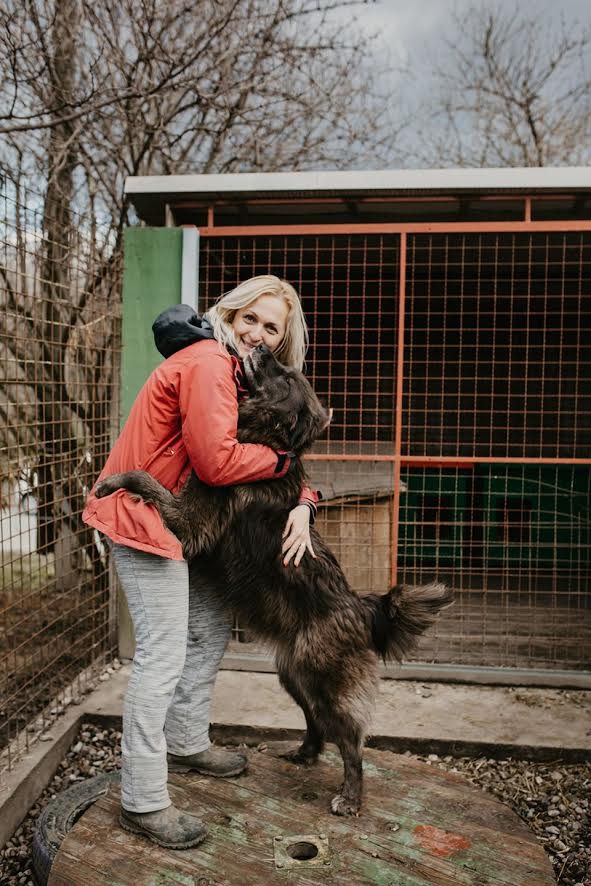
In 2010, “Udruga Pobjede” officially took over the shelter for abandoned animals in a suburban village called Nemetin, and in December 2011 the shelter was registered by the Ministry of Agriculture as the 23rd shelter for abandoned animals in Croatia and one of the first no-kill shelters in the whole country.
The footage and photos in the first part of the video below are from 2007, when they first came to the shelter – while the second part of the video was recorded in 2018.
{youtube}Vpy0HkExva4″]
Members of the association “Udruga Pobjede” initiated and organized various fundraising events in order to improve the shelter’s infrastructure and to provide food and medical aid for the dogs. Today the shelter is funded by the association, business and private sector donations, different fundraising events and through collaboration with the City Council. Every dog in the shelter has veterinary care (vaccinated against rabies and infectious diseases and treated against internal parasites), is microchipped and neutered 21 days from entry (except puppies, they are neutered at 6 months old if female, 9 months old if male). Since taking over the running of the shelter, Osijek’s shelter for abandoned animals has come a long way, from a shelter with no volunteers to a shelter with the highest number of volunteer hours in Croatia, which makes these not so ordinary people very proud.
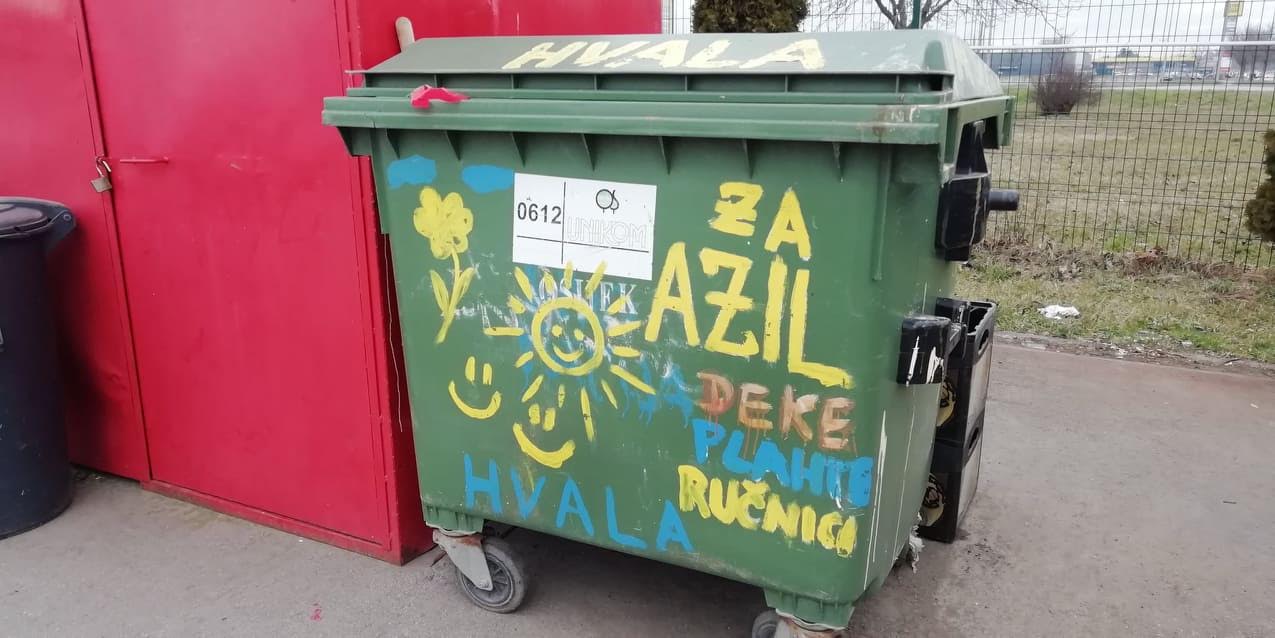
Udruga Pobjede constantly takes care of about 200 dogs and unfortunately, there are always more in need. In 2015 “Udruga Pobjede” signed the first contract with the City of Osijek, and since then they have attained a partner relationship for taking care of and re-homing abandoned dogs, but also in the prevention of abandoning, neglecting and abusing of animals.
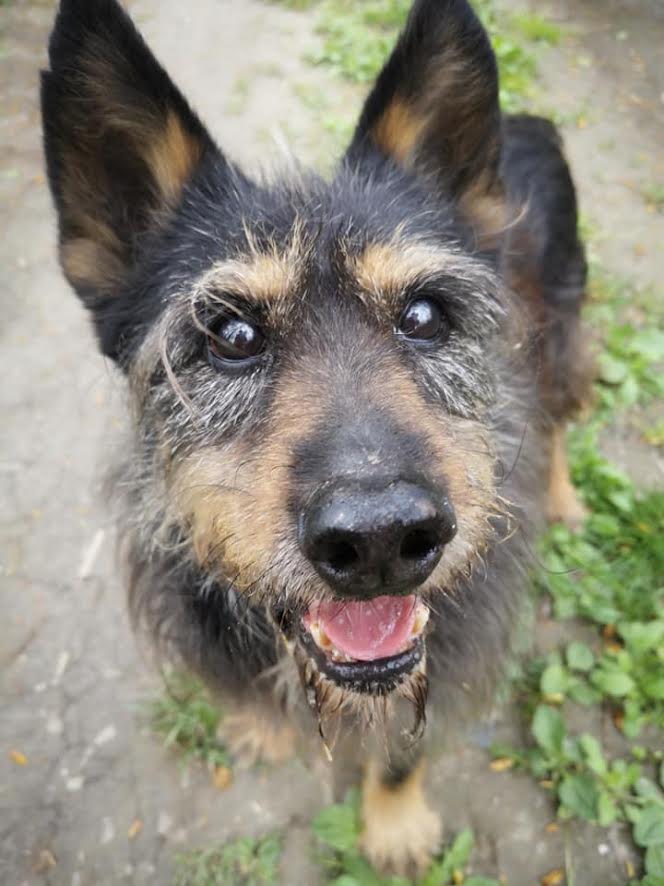
The successful work of the association can also be seen through the number of 335 adoptions in 2018, 340 adoptions in 2019 and over 1000 dogs rescued in two years. Thanks to the Association, so many dog lives have been saved, so many dogs have found their “forever homes”, so many injured and hungry have been fed and taken care of. Some, as our dear Lady Margita, above, is still in the shelter, for 13 long years. But she has someone to take care of her until maybe someone falls in love with these gorgeous eyes.
One of the biggest achievements of Udruga Pobjede are without doubt the number of volunteer hours during the last two years.
In 2018, 61 active volunteers contributed 8958 hours and in 2019, 131 active volunteers contributed 12573 hours.
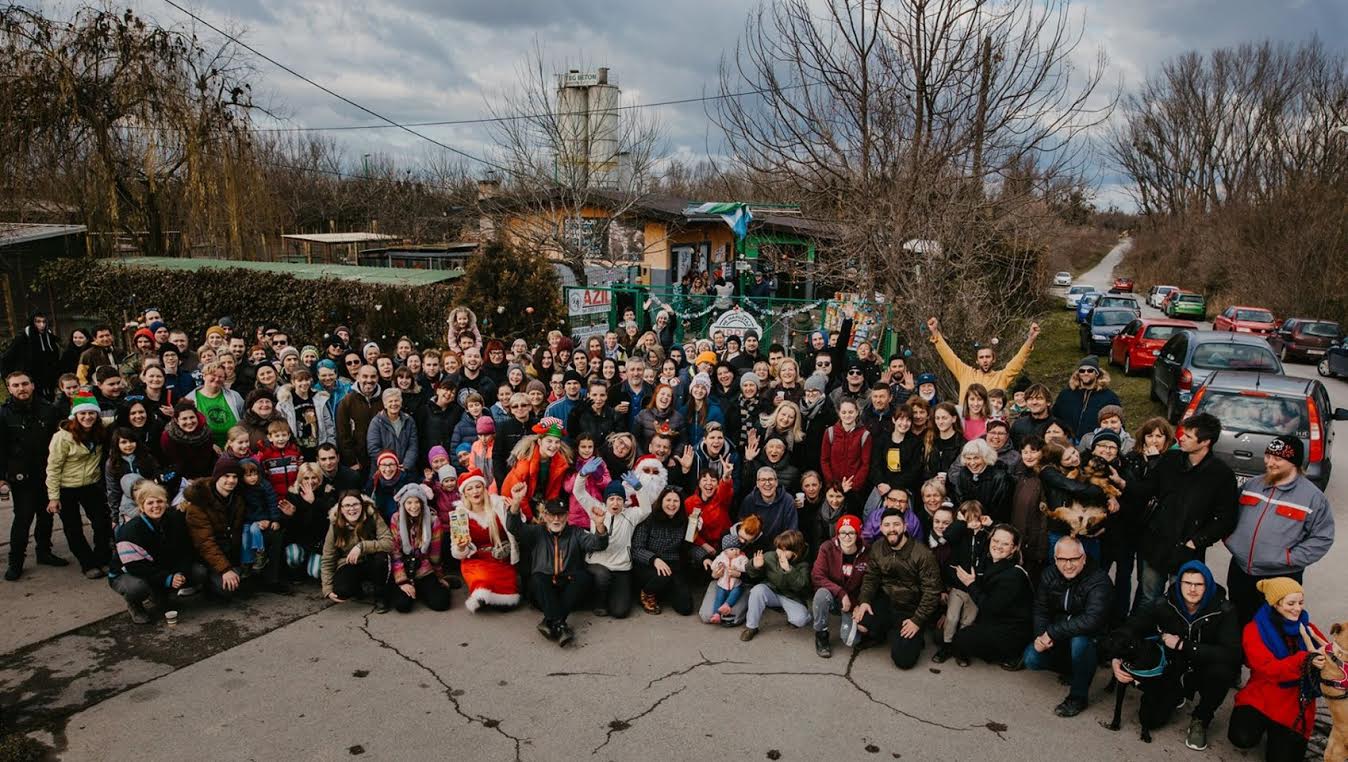
This confirms that their engagement is being positively evaluated by the community, but it also shows how much they have achieved to promote positive values and to create a positive social capital and a community, which recognizes the importance of voluntary engagement as a fundament for strengthening social capital.
They carry on educational programmes and collaborate with more than 40 schools and kindergartens in Osijek and the wider region, as well as tertiary institutions. They hold lectures and workshops and organize educational visits to the shelter.
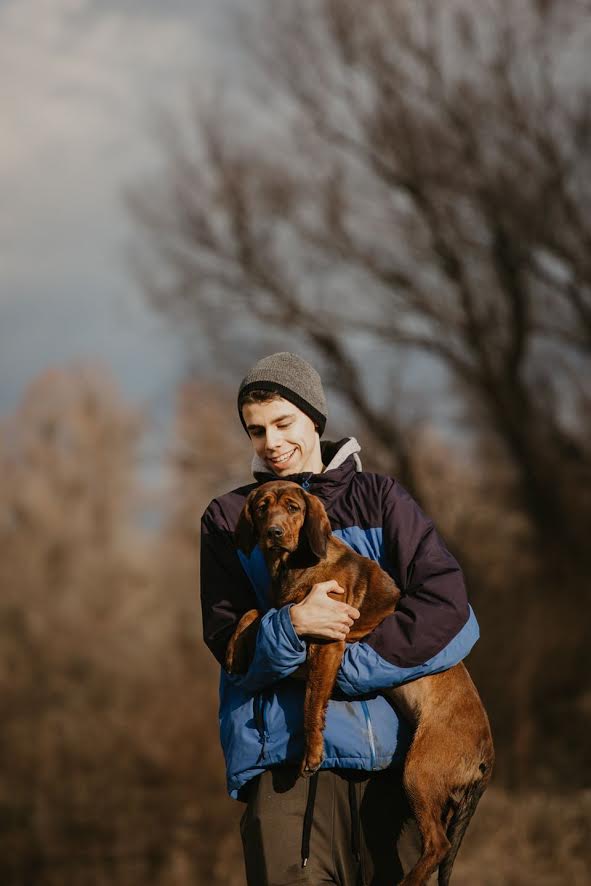
Through all their activities in the civil, public and business sectors, as well as local government – they have made great progress in rescuing abandoned animals and in raising awareness of the problem in their community. They work has become more and more visible and recognised in the community. Their fellow citizens have joined and helped develop the solidarity network made of all social sectors.
All these activities helped them to help those in need – by initiating positive changes with the “bottom up” approach. One man can change the world, indeed.
Unfortunately, they are currently also affected by the COVID-19 pandemic situation. They have over 200 dogs in care and currently are facing major problems in implementing and funding their activities.
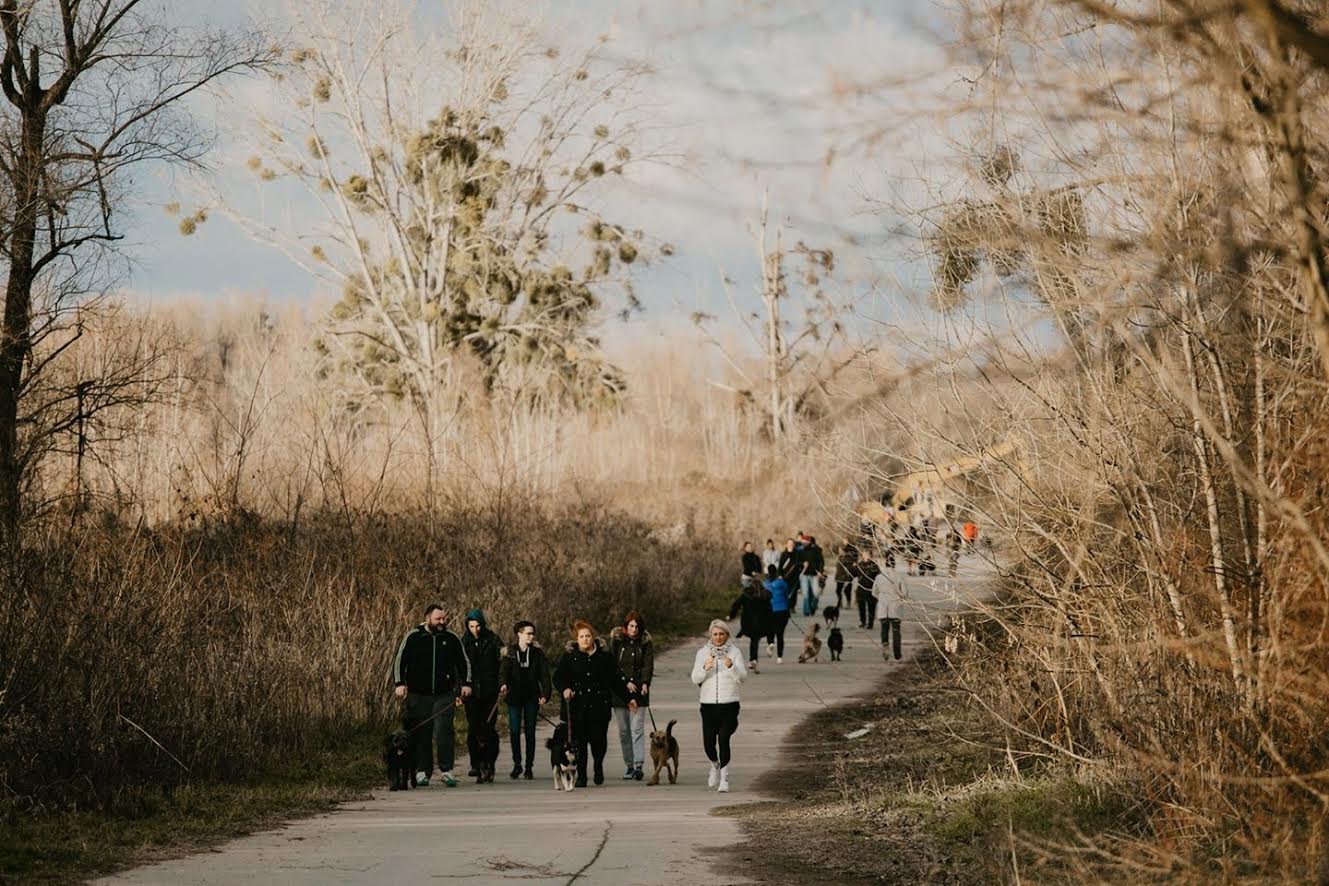
Government institutions, cities, municipalities, the business sector, banks and foreign donors have focused their activities almost exclusively on direct support to entrepreneurs in the circumstances of the global pandemic, and because of this situation, they are unable to regularly cover veterinary costs and provide for all the regular needs of the dogs they have in care.
Since rigorous COVID-19 anti-virus measures have come into force in Croatia, many of their donors have lost their jobs, businesses have ceased operations, the shelter is closed to visitors and volunteers, the public sector has directed funds to aid recovery of the economy, people fear for their future and the possibility of recession, which has led to a significant reduction of resources at their disposal.
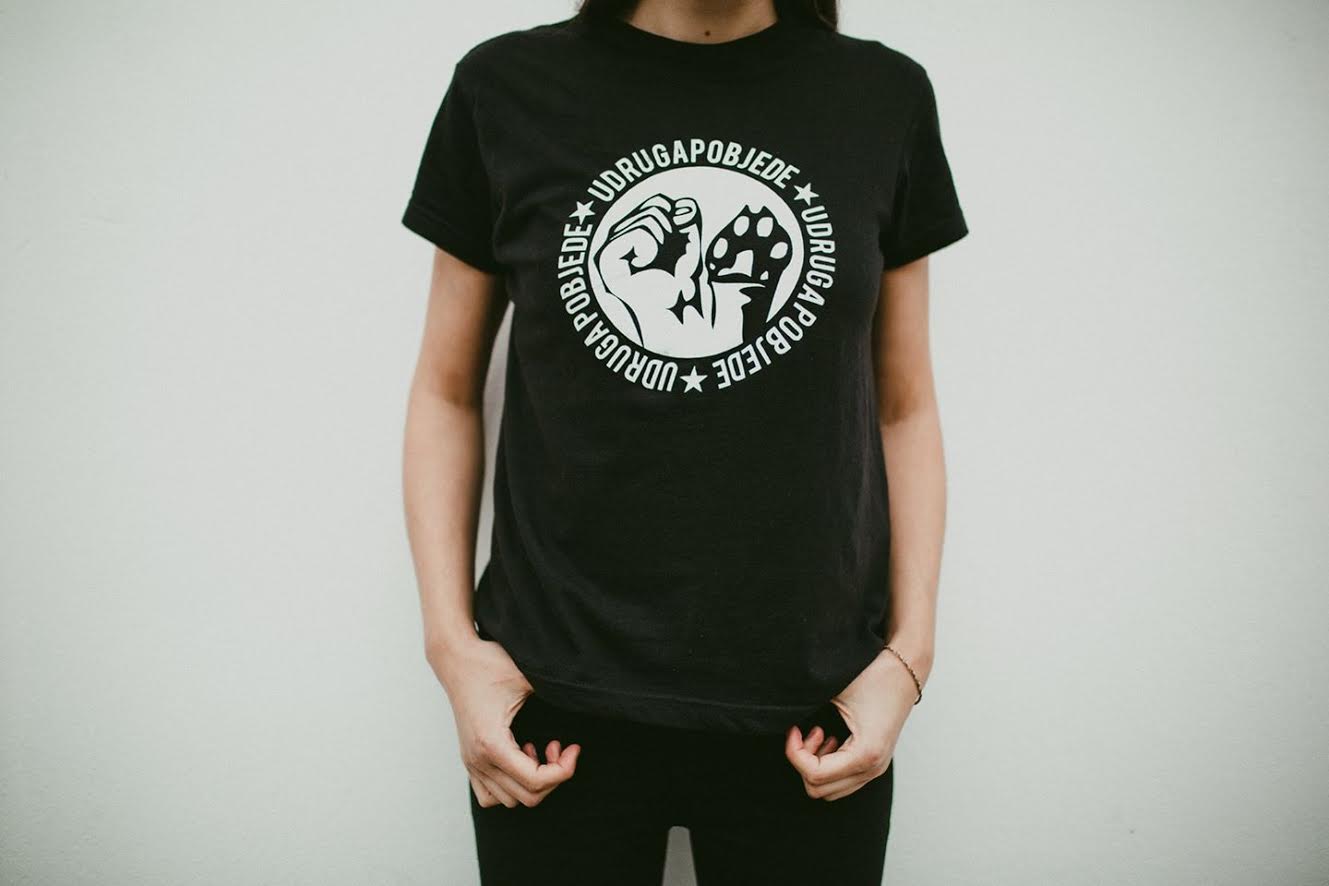
With the arrival of warmer weather, the Osijek shelter usually has increased expenses due to the fact that each month during that period (March-September) they provide ampoules against fleas and ticks for all dogs. A large number of dogs that they receive for care come with piroplasmosis (a tick-borne disease), and they have increased veterinary costs for treating dogs infected with this virus. If they do not treat our dogs, they fear that they may be in danger as well, because there are ticks in the forest where they take the dogs for a run (in order to get the energy out of dogs and maintain stability in the packs now that there are no volunteers).
In previous periods, they would step up self-financing activities during the spring months and have previously managed to secure funds through sponsorship/donation programmes, bimonthly online auctions, through the Posh Store – Association’s second-hand fair, organised fundraising events, visits to the shelter by volunteers, dog walkers and adopters, private sector donations, public sector programmes and the like, but because of COVID-19 at this point, they cannot do anything to secure funding through our usual channels and need our help to overcome this difficult period in order to survive and provide adequate care for the dogs.
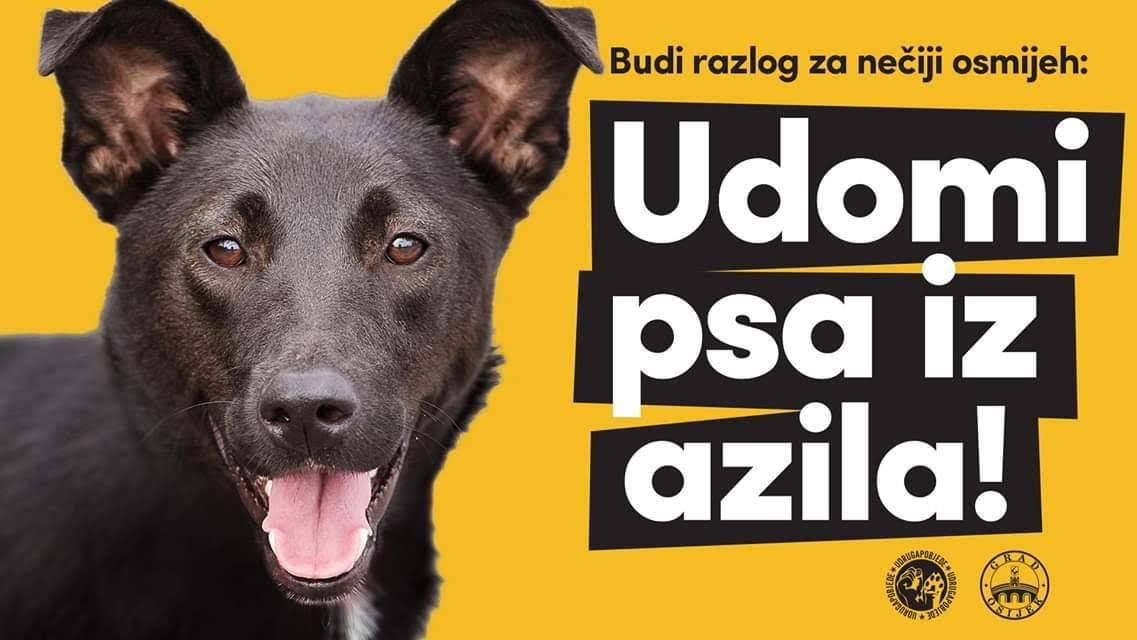
If you are able to financially support the work of the shelter one time or over several months and help them to get through this difficult situation as painlessly as possible, you can do so by making a donation to:
Udruga Pobjede
IBAN HR8823400091110405854
Data for payments from abroad:
Privredna banka Zagreb d.d. 10000 Zagreb, Račkoga 6,
Croatia
swift code: PBZGHR2X
PayPal: [email protected]
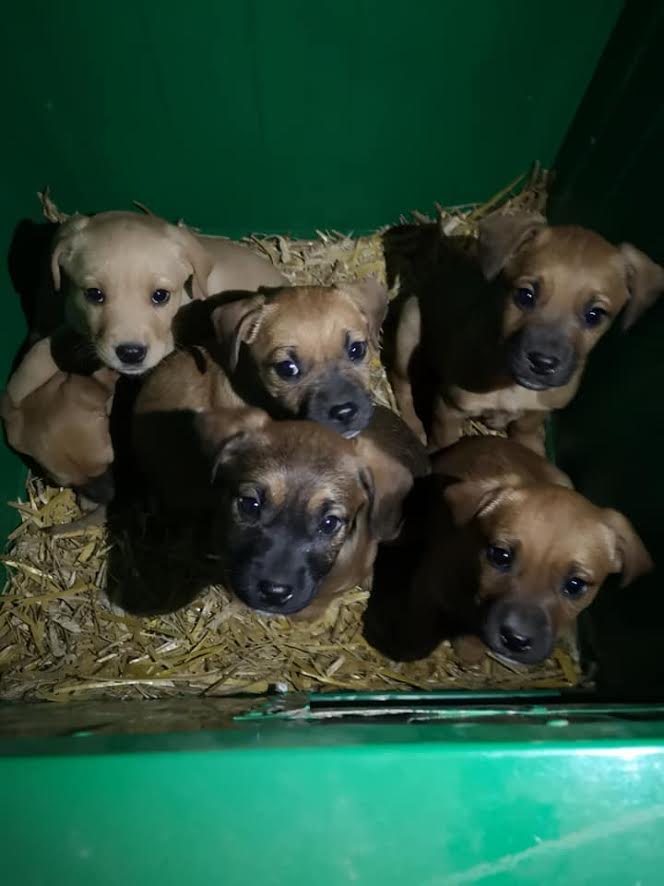
If not financially, you could help with suggestions, ideas for help or suggestion whom they may contact for help. You could foster a dog, become a godparent, provide necessities – or even adopt.
During the COVID-19 Crisis, on an individual level, one might ask what are the things you can do to protect your health and enrich your life, or we can ask ourselves what we can do for others to protect their right to life and quality of life.
In his book, The Psychology of Genocide, the psychologist Steven Baum cites an old Cherokee tale that tells of a grandfather teaching life principles to his grandson:

“A fight is going on inside me,” he says to the boy. “It is a terrible fight and it is between two wolves. One is evil – he is anger, envy, sorrow, regret, greed, arrogance, self-pity, guilt, resentment, inferiority, lies, false pride, superiority, and ego.” He continued, “The other is good – he is joy, peace, love, hope, serenity, humility, kindness, benevolence, empathy, generosity, truth, compassion and faith.
“The same fight is going on inside you – and inside every other person, too.”
The grandson thought about it for a minute and then asked his grandfather, “Which wolf will win?”
The old Cherokee simply replied, “The one you feed.” So, will we emerge as a better society after the crisis? Are you #teamHobbes, or #teamRousseau?
You, as a vital part of society, decide which wolf you feed. If you can not find the inspiration in yourself, maybe the words of Maša Riznić, Head of the Shelter for abandoned animals of the Pobjede Association help: It is not easy. There are hard days and battles lost. On the especially hard days, crying in your pillow is the last ounce of strength left. But you always move on. Because on the other days… Another little furry soul needs your help – or a perfect adoptive family awaits at the shelter gate to provide a loving home for one of our dogs. This is what heals our wounds and fills us with new hope. We can not do this alone – each of us holds a very important part of the puzzle.
More important – this has nothing to do whether or not this is before or after the crisis. Whichever idea ignites your spark – you too, can tell a story as wonderful as the story of the people who saved thousands of animals in Osijek.



